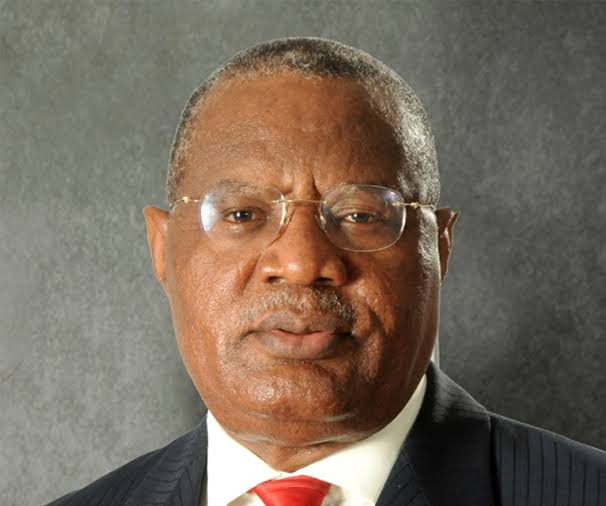Investments in Nigeria’s telecom industry have soared to an impressive $75.6 billion, according to the Nigerian Communications Commission (NCC).
During an interactive media session held in Lagos, Prof. Umar Danbatta, the Executive Vice Chairman of the NCC, revealed this milestone along with the key developments that have shaped the telecom sector’s growth trajectory since he assumed the role of chief telecom regulator in August 2015.
Notably, the sector’s investment profile was $68 billion in 2018, which increased to $70.5 billion in 2019 and $72 billion in 2020, culminating in the current figure of $75.6 billion as of the end of 2021. These figures indicate significant growth in the industry, surpassing the initial investment of $70 billion over the past few years.
The NCC computes investments in Nigeria’s telecommunications sector by collecting data from two primary sources: the Central Bank of Nigeria (CBN) and financial information provided by service providers.
While the CBN calculates the telecom sector’s components, including foreign direct investment (FDI), portfolio investments, and others, the NCC focuses on investment figures from domestic telecom licensees, specifically capital expenditure (CAPEX) that contributes to the industry’s overall investment.
Reflecting on the regulatory environment established by the NCC, Prof. Danbatta credited it for the remarkable growth of the telecom sector. Since the sector’s full liberalization in 2001, the telecom industry has experienced tremendous expansion, witnessing a substantial increase from its initial investment profile of $500 million.
Furthermore, the telecom sector’s contributions to Nigeria’s economy have been substantial, making impressive sectoral contributions to the nation’s Gross Domestic Product (GDP) on a quarterly basis.
In the third quarter of 2015, it accounted for approximately 8.5% of the GDP, while in 2022 alone, it contributed a staggering N10.126 trillion to the nation’s GDP, according to data from the National Bureau of Statistics (NBS) cited by Prof. Danbatta. This figure represents the aggregate quarterly contribution of the telecoms sector to the GDP in 2022.
Analyzing the available NBS data, it becomes evident that the telecom sector’s contribution to the national GDP has consistently grown since 2015. It increased from 8.50% in 2015 to 9.13% in 2016, reaching 8.66% in 2017. In the final quarter of 2018, telecoms contributed 9.85% to the national GDP, and by the fourth quarter of 2019, it had risen to 10.60%.
The upward trajectory continued, with the telecom sector making notable contributions of 14.30% and 14.42% to the GDP in the second quarter of 2020 and 2021, respectively. Surpassing all previous figures, the sector achieved its highest quarterly contribution of 15% in the second quarter of 2022, underscoring its significant impact on the nation’s economy.
The remarkable growth and contributions of Nigeria’s telecom industry demonstrate its pivotal role in driving economic development and reinforcing the country’s position in the global telecommunications landscape. With investments reaching record levels and the sector’s contributions to GDP continually increasing, the future looks promising for Nigeria’s telecom industry.






Comment
No comments found.